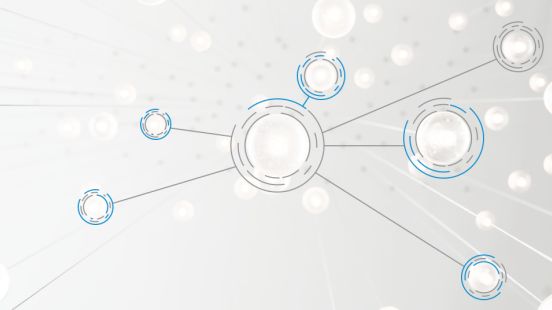These tools and metrics are designed to help AI actors develop and use trustworthy AI systems and applications that respect human rights and are fair, transparent, explainable, robust, secure and safe.
Continuous Metalearning

Meta-learning is a promising strategy for learning to efficiently learn within new tasks, using data gathered from a distribution of tasks. However, the meta-learning literature thus far has focused on the task segmented setting, where at train-time, offline data is assumed to be split according to the underlying task, and at test-time, the algorithms are optimized to learn in a single task. In this work, the authors enable the application of generic meta-learning algorithms to settings where this task segmentation is unavailable, such as continual online learning with a time-varying task. They present meta-learning via online changepoint analysis (MOCA), an approach which augments a meta-learning algorithm with a differentiable Bayesian changepoint detection scheme. The framework allows both training and testing directly on time series data without segmenting it into discrete tasks. They also demonstrate the utility of this approach on a nonlinear meta-regression benchmark as well as two meta-image-classification benchmarks.
About the tool
You can click on the links to see the associated tools
Objective(s):
Target sector(s):
Lifecycle stage(s):
Type of approach:
Use Cases

Mind Foundry: Using Continuous Metalearning to govern AI models used for fraud detection in insurance
Would you like to submit a use case for this tool?
If you have used this tool, we would love to know more about your experience.
Add use case



 Partnership on AI
Partnership on AI


























